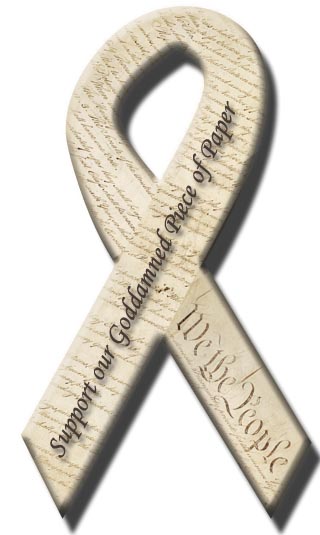Giftwrapping Robot
Submitted by brad on Mon, 2005-12-26 09:12Here's a festive idea for a robotics company -- a giftwrapping robot, able to take a standard, not particularly fragile rectangular box and perfectly giftwrap it.
This might be a viable product for online stores that offer giftwrapping options, but I think one decent market would be malls at Christmastime. Aside from making money charging for wrapping, it would be an attraction (expecially in Japan where they love gifts) that brought in shoppers. I suppose some might worry it could deprive the charities that sometimes do giftwrapping in malls of a fundraising opportunity.




